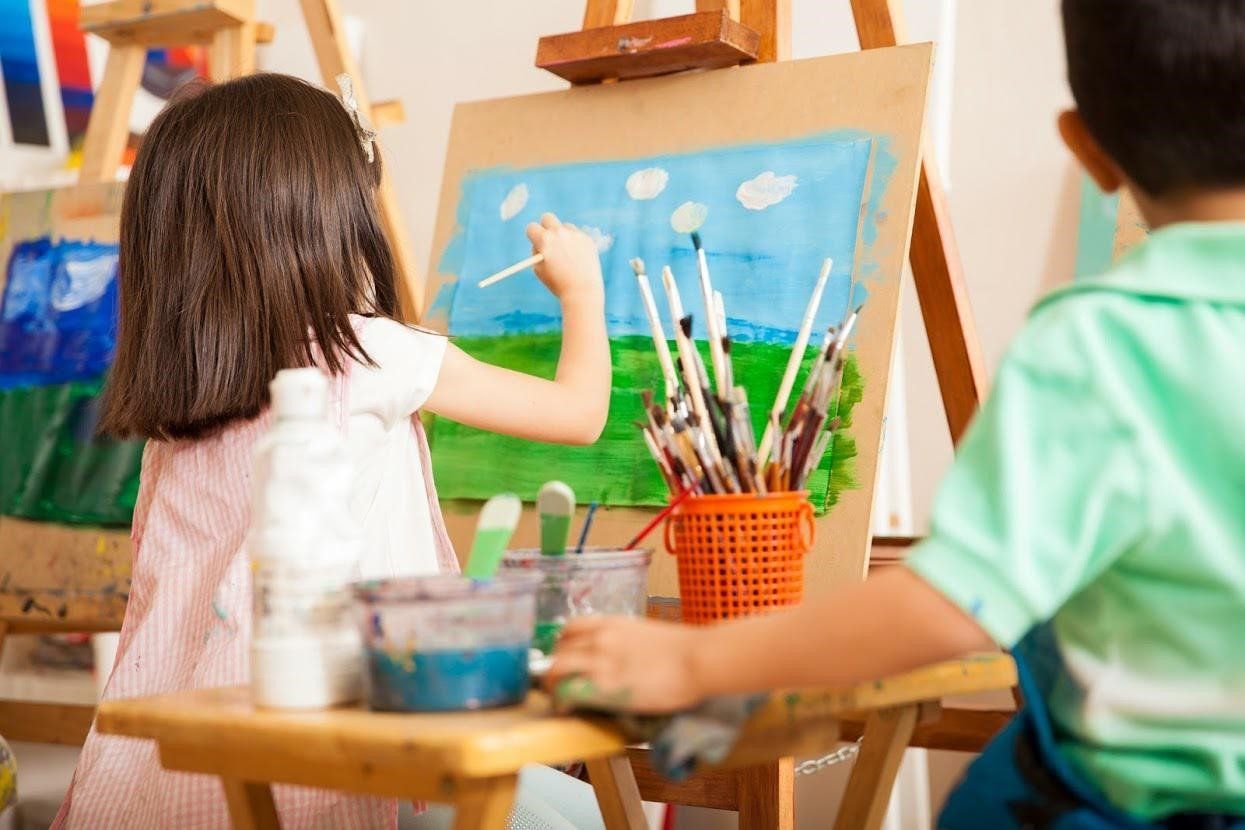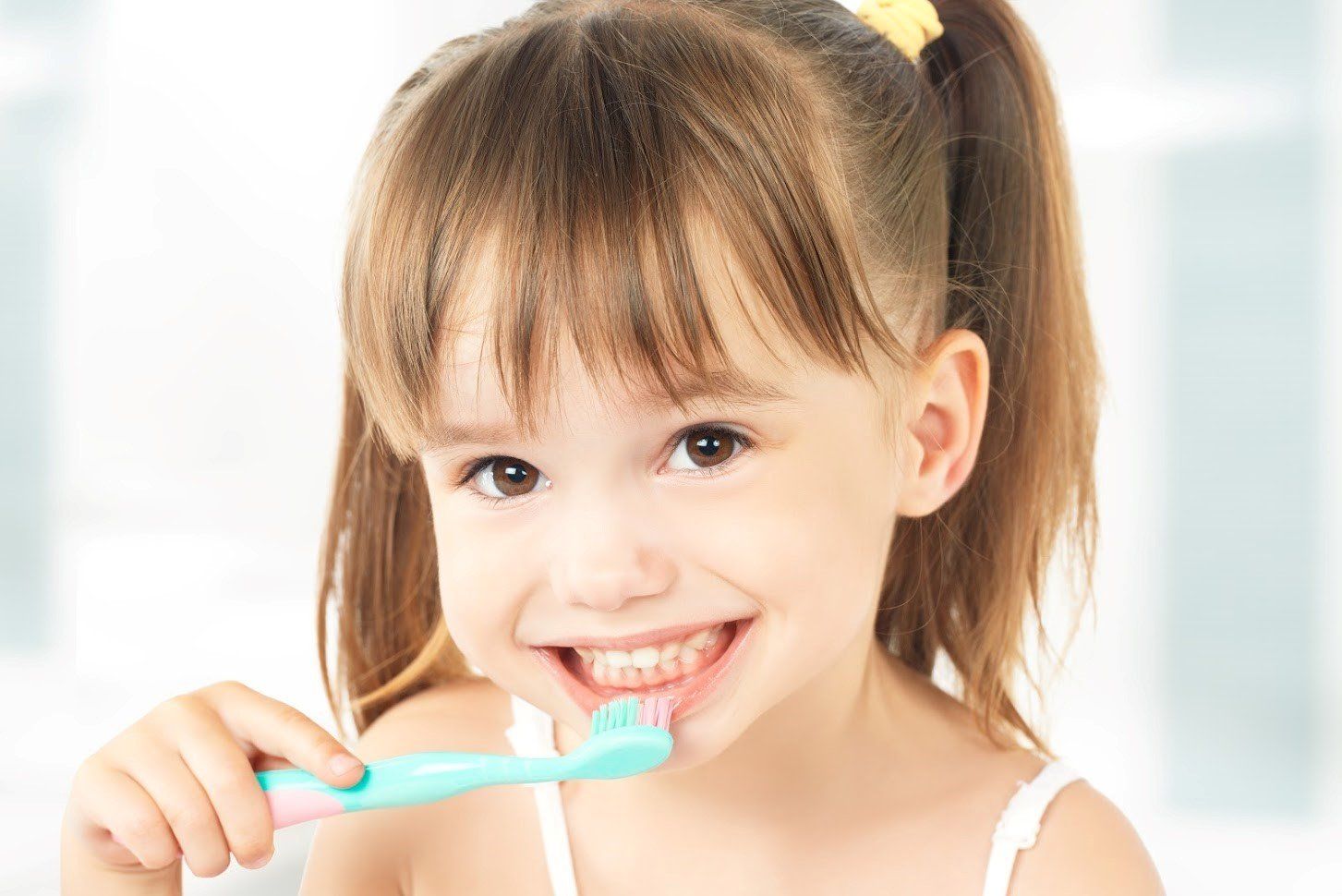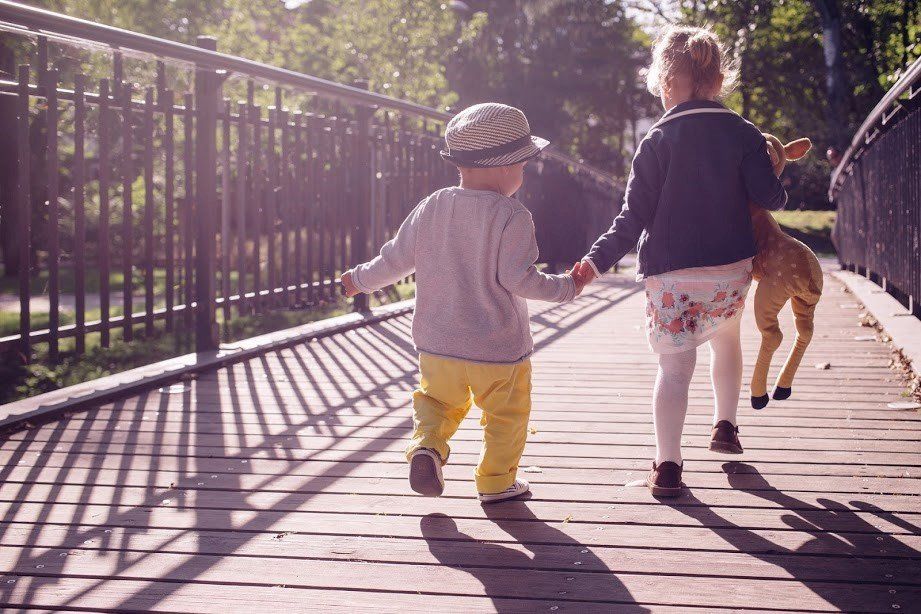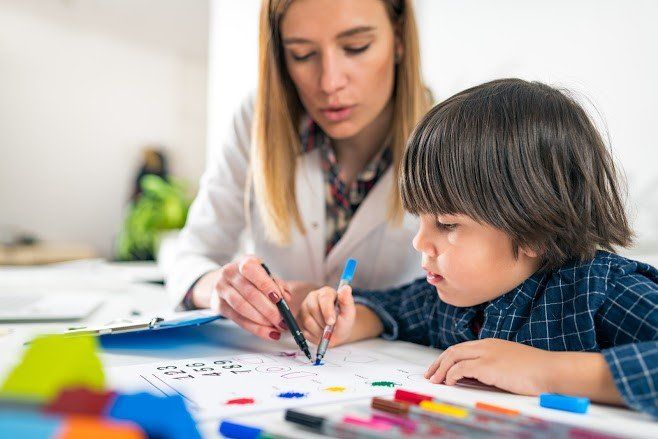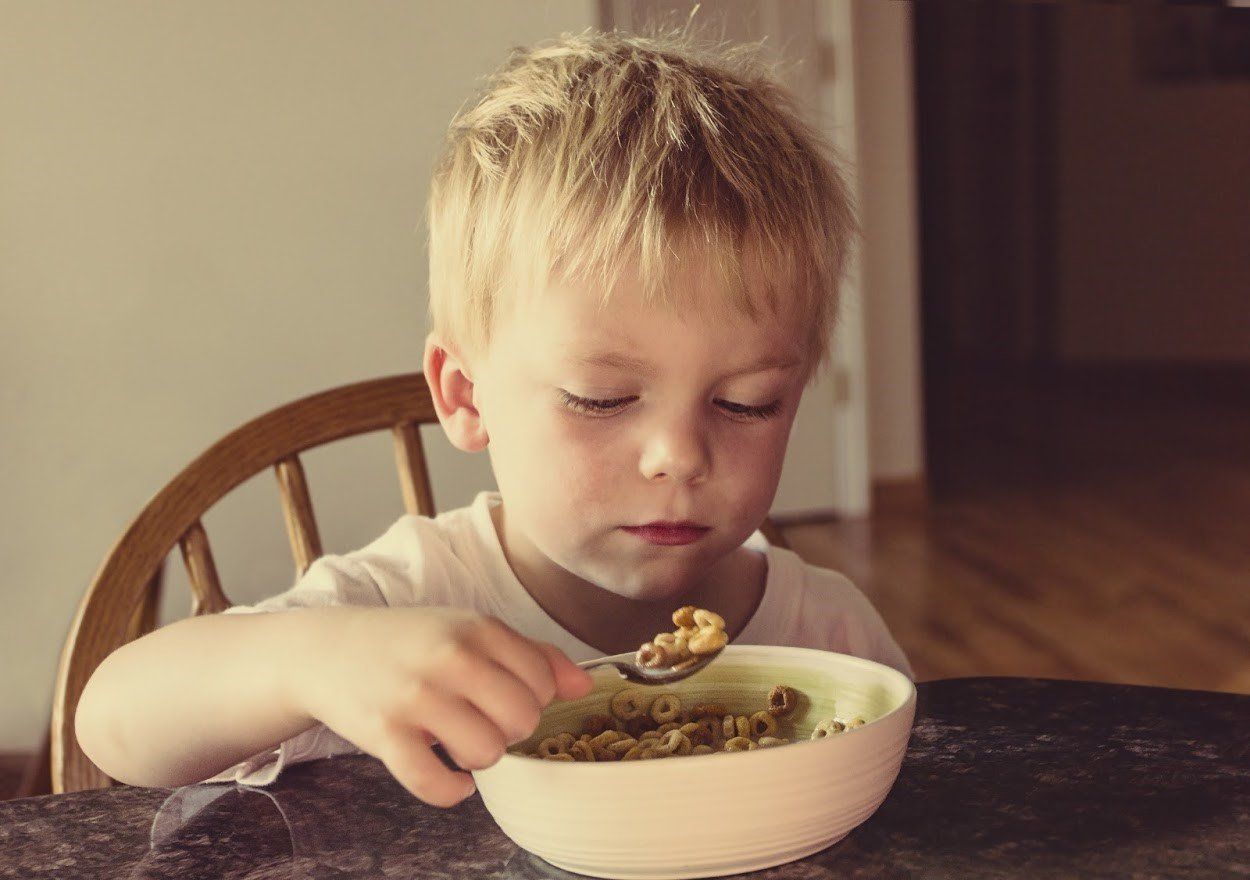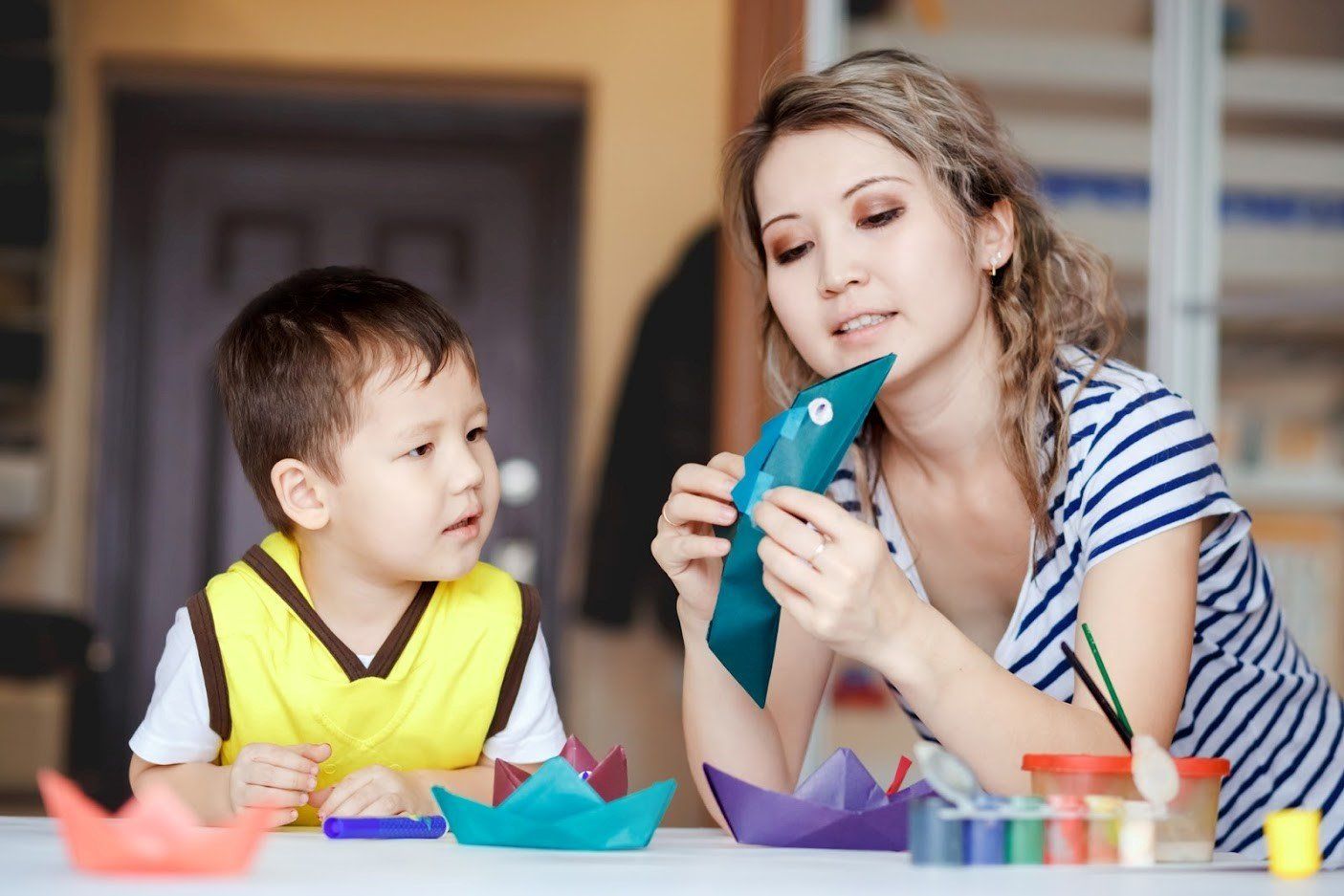Toilet Training | Small World Early Learning and Development Center
The toddler years bring forth a lot of growth and milestones, but few are as momentous as toilet training. Many parents are more than ready for their toddler to be out of diapers, but toilet training can be quite intimidating. The change from wearing diapers to learning how to use the restroom independently is a big step for a toddler to make.
If your child attends a day care center, work as a team with the day care workers to facilitate your toddler's toilet training. Use the following tips to toilet train your toddler who attends daycare.
Don't Push Your Toddler
Before you decide to begin toilet training, make sure that your toddler is actually ready. While many toddlers begin showing signs of readiness around the age of two, many may not be ready to begin toilet training until closer to three years old. Every toddler is different, and thus the age that a toddler begins toilet training will vary from one child to another.
Some common signs of toilet training readiness in toddlers includes being able to recognize the urge to urinate or have a bowel movement, ability to follow simple instructions, ability to use the appropriate words to describe needing to use the restroom, and interest in wearing underwear or wanting to use the toilet.
Waiting to toilet train until your toddler shows that he or she is ready will make the entire process easier and less stressful.
Talk to Your Toddler's Day Care Teacher
Your toddler's day care teacher is an excellent resource when you plan to start toilet training — few people know as much about toilet training as an experienced teacher in a toddler classroom!
Talking with your toddler's teacher will help ensure that you are both on the same page, and then the two of you can develop a plan that will be used both at home and at day care to help your child transition from diapers to using the restroom independently. Your toddler's teacher may also have a number of useful tips that you can use during the toilet training process.
Be Consistent at Home
Like any other skill, toilet training involves practice and consistency. Since many children begin toilet training during the toddler years, most toddler classrooms in day care centers have a routine that is used to help children become toilet trained.
In many cases, this involves frequent bathroom breaks throughout the day, according to a schedule. In order for toilet training to be most effective, try to follow the same schedule as your child's toddler day care program.
Don't Expect Instant Results
Even when you and your child's day care teachers work in tandem to teach your toddler to become toilet trained, that doesn't mean that it will happen overnight. On average, a toddler may take three to six months to become completely toilet trained during the day.
For some toddlers, becoming toilet trained at night and while sleeping can take a lot longer. So even if you are working hard with your toddler and you know that your toddler's teacher is helping as well, know that toilet training can take some time.
While your toddler is toilet training, always send in extra changes of clothing to day care each day, just in case. Your toddler may have a great week, or even a great month, while toilet training, but accidents still happen. If your child does have an accident at home or at school, do not get upset — instead, praise your child when he or she does well toilet training instead of punishing for accidents.
Work with the professionals at a day care center to help you child as they become toilet trained.


